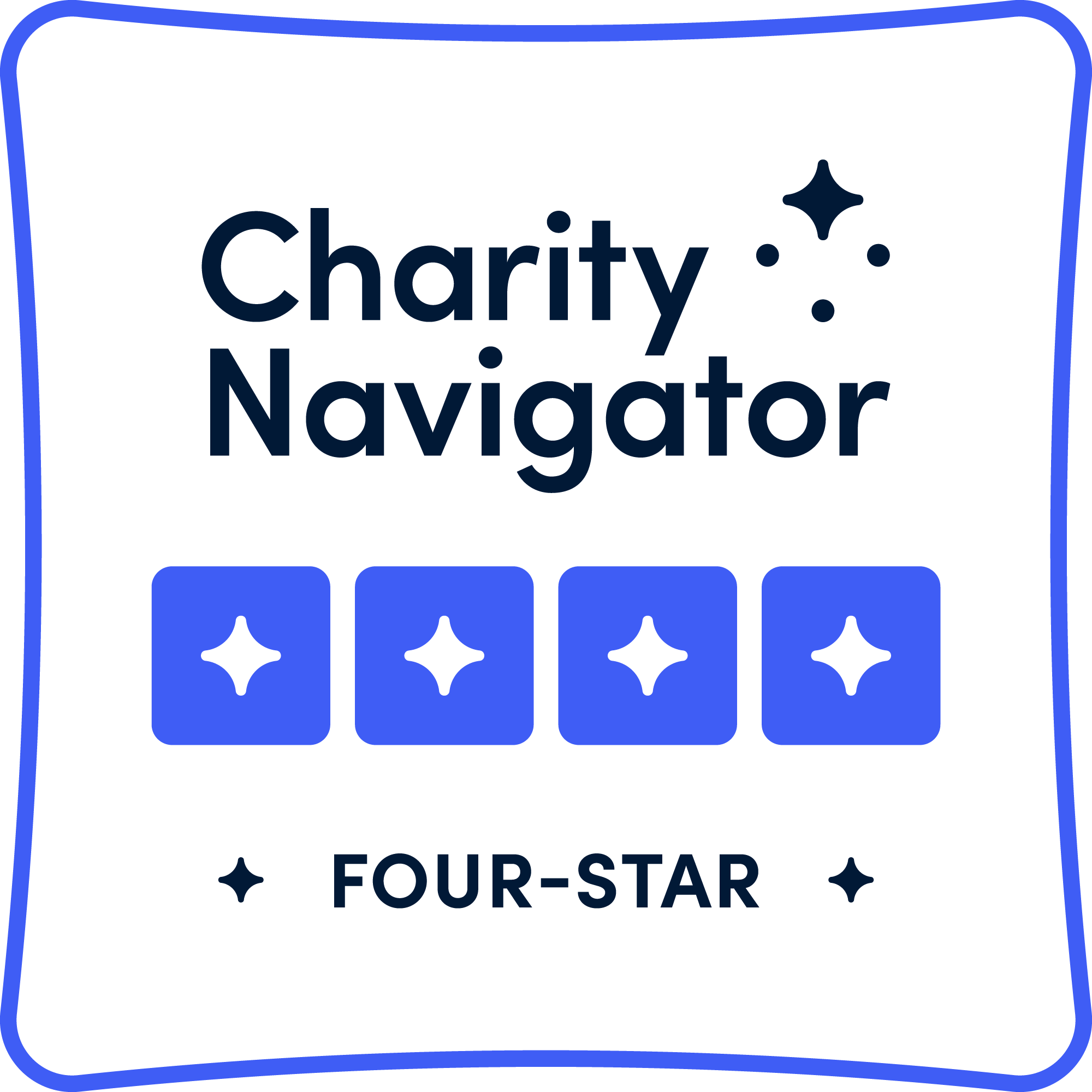Report from the Amyloidosis Forum’s Initial Meeting at FDA
The inaugural Amyloidosis Forum took place on November 12th, 2019 at FDA’s White Oak Campus in Silver Spring, MD. We could not have hoped for a better turnout, a more spirited and productive discussion.
The over 100 attendees included representatives from seven different divisions of FDA, patients, caregivers, researchers, physicians and members of industry. In addition, more than 150 people watched the live webcast of the meeting, and many more have tuned into the archived version since the meeting, which can be found here: Watch here
The Amyloidosis Forum is an initiative created by the Amyloidosis Research Consortium, in collaboration with FDA. This fits within the framework of our Public Private Partnership established to bridge gaps in knowledge and enhance the the amyloidosis drug development process. Isabelle Lousada CEO of ARC, and Preston Dunnmon, MD, Medical Officer, Office of New Drugs (OND), Office of Drug Evaluation I (ODEI), Division of Cardiovascular and Renal Products (DCRP) within the Center for Drug Evaluation and Research (CDER), co-chaired the meeting. Dr. Dunnmon is ARC’s Public Private Partnership Liaison to CDER.
The day was split into two sessions; focused on providing an overview of AL amyloidosis, and addressing the challenges in clinical trial design for such a complex, multi-systemic disease in a heterogenous population, and culminated in developing a pathway forward for future forum discussions. A copy of the agenda can be seen here: Meeting Agenda
The morning session was moderated by Dr. Mathew Maurer of Columbia University Medical Center and focused on laying a solid foundation and gaining a common understanding of AL Amyloidosis. Dr. Raymond Comenzo of Tufts Medical Center kicked the meeting off by providing an overview of AL amyloidosis, highlighting it’s pathobiology, clinical features, and different approaches to treatment. Dr. Angela Dispenzieri of Mayo Clinic presented comprehensive data depicting the epidemiology of AL amyloidosis, various patient populations and staging systems, and the various hematologic and organ response criteria. Dr. Vaishali Sanchorawala of Boston University presented data depicting the burden of illness experienced by patients with AL amyloidosis both before and after treatment, the various tools being used to measure quality of life, and where quality of life data correlates to specific organ response criteria.
In the middle of the day there was also an enlightening session where members from seven different divisions within the FDA, including the Hematology/Oncology, Cardiology and Renal, Neurology, Gastrointestinal, Clinical Outcome Assessment, and Office of Rare Disease, provided their divisional perspectives on potential endpoints to consider for rare diseases like AL amyloidosis. Throughout this session and subsequent Q+A, the need for and importance of prospective natural history data was a common theme voiced from each divisional representative.
The afternoon session was moderated by Dr. Vaishali Sanchorawala and shifted the conversation towards the unmet need and challenges patients face with current treatment options along with the challenges faced designing clinical trials and developing treatments for AL amyloidosis. Al Amyloidosis patients Jonathan Cohen, Matt Millen, and ARC CEO Isabelle Lousada shared the long and difficult journeys they each underwent to diagnosis and through treatment. While they all had different experiences, two messages were abundantly clear: it takes far too long and far too many doctors to diagnose amyloidosis, and there is limited appreciation for the significant impact that treatment has upon the quality of life of amyloidosis patients. Dr. Ashutosh Wechalekar of UK National Amyloidosis Centre and University College London Hospitals presented on the challenges designing clinical trials for newly diagnosed patients, while Dr. Heather Landau of Memorial Sloan Kettering Cancer Center presented the challenges of designing clinical trials for patients with relapsed/refractory AL amyloidosis. Both clinicians highlighted the challenges defining the patient populations to be studied in each group and challenges selecting the appropriate hematologic and organ specific endpoints to be included.
From the presentations and panel discussions, there was clear consensus on a number of areas for further discussion and exploration within the Forum. These included natural history studies, the role of imaging to assess burden of disease and response to therapy, and importance of disease specific patient reported outcome measures. Additional topics for future discussion included novel trial designs and endpoints. These will form the focus of upcoming meetings, with dates and agendas to be announced in the near future. To learn more about the Amyloidosis Forum, please visit: www.amyloidosisforum.org
- Categories



